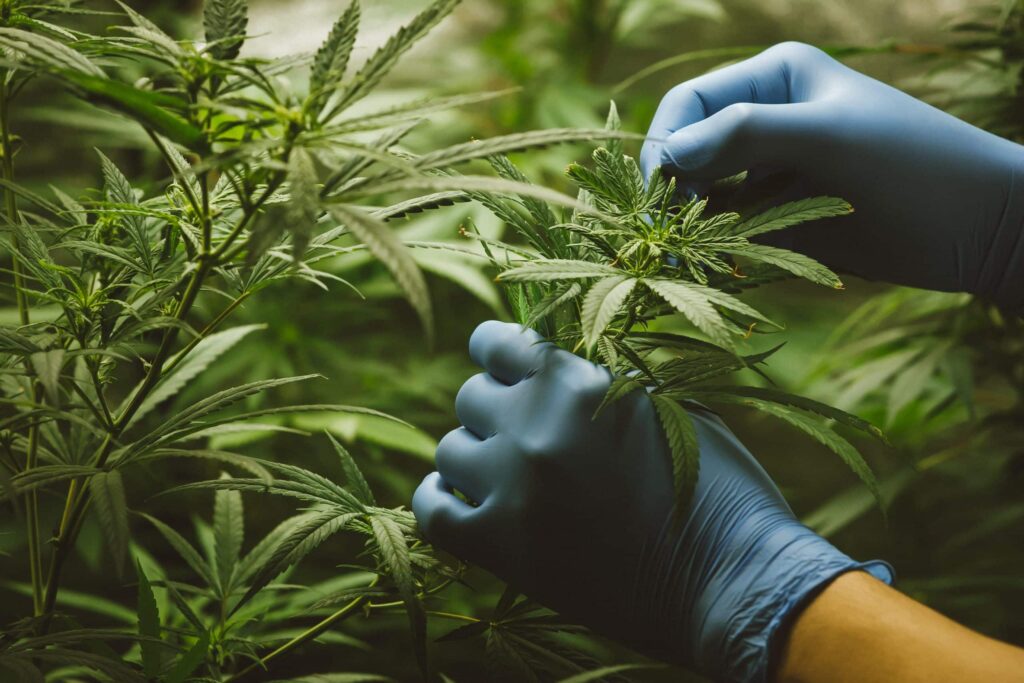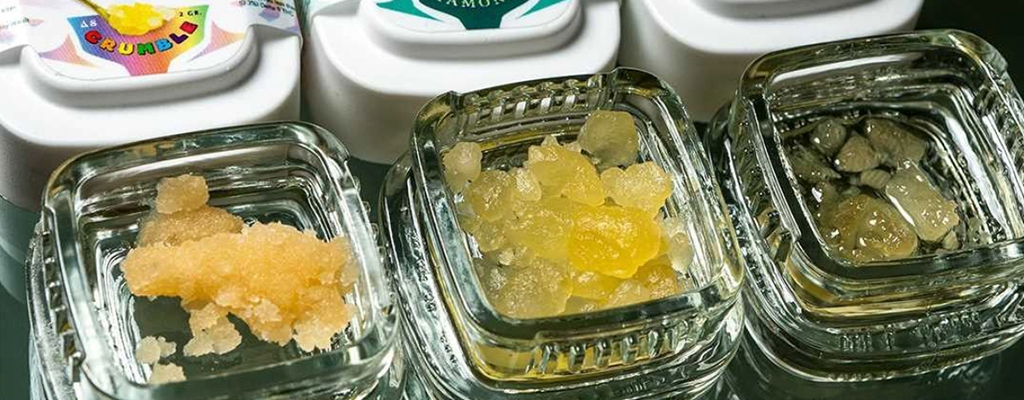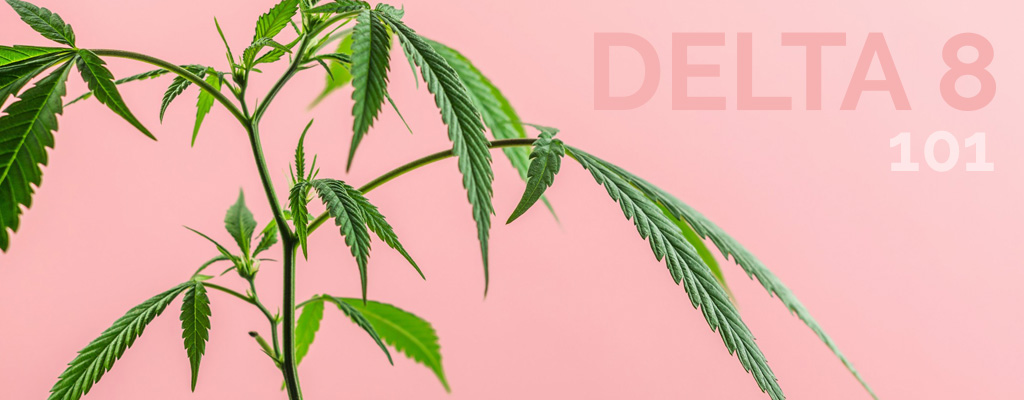THC-B, or delta-9 tetrahydrocannabutol, is a cannabinoid found in cannabis plants closely related to THC, the primary psychoactive component found in cannabis. While they are structurally similar, the main difference between THC and THCB is that THCB has a slightly stronger binding affinity with CB1 receptors in the brain than THC. This means that THCB has the potential to produce a psychoactive effect even more potent than that of THC.
The Discovery of THC-B
THC-B was discovered in 2008 by researchers at the Hebrew University of Jerusalem. The researchers were studying the structure and activity of THC when they noticed that the molecule had an unexpected structural variation. This variation was found to be an isomer of THC, which they named THCB.
The Role of THCB in the Endocannabinoid System
The endocannabinoid system is a network of receptors and molecules in the brain and throughout the body responsible for regulating processes like mood, immune system function, and pain perception. Like THC, THCB interacts with the endocannabinoid system, mainly binding to CB1 and CB2 receptors in the brain. This interaction is believed to be responsible for THCB’s psychoactive effects.
The Effects of THC-B
The effects of THCB are similar to those of THC, although they can be slightly more potent. The primary impact of THCB is a feeling of euphoria, relaxation, and increased sensory perception. It is also thought to have anti-inflammatory and analgesic properties, making it a potential therapeutic agent for various conditions.
THC-B and Medical Marijuana
The potential medical benefits of THCB are currently being studied, and some medical marijuana patients are using it to manage various conditions. The stronger binding affinity of THCB to CB1 receptors in the brain can produce a more potent effect than THC so it may be a more practical option for some patients.
THC-B and Recreational Cannabis
THCB is also being used recreationally by some cannabis users. It is found in some cannabis strains, but not all, and it is typically present in much smaller amounts than THC. That being said, the potential for a more potent psychoactive effect can make THCB a desirable addition to some cannabis products.
The Legal Status of THC-B
THCB is legal in some countries and states, while it is prohibited in others. In the United States, the legal status of THCB varies from state to state, and it is illegal under federal law.
Safety and Side Effects of THC-B
THCB is generally considered safe, although it can produce some side effects. These can include dry mouth, dizziness, fatigue, and paranoia. It is important to note that THCB can also have more severe side effects and should not be used by pregnant or breastfeeding people.
How to Find High-Quality Hemp-Derived Delta-9 THC
The best delta-9 THC products come from companies that provide:
- Access to the newest, most popular, and best brands and products
- A 100% quality guarantee on all delta-9 THC products
- A customer-centric, no-hassle return policy
- And competitive prices that allow you to get the most bang for your buck.
Delta 8 Resellers specialize in providing only the best quality hemp-derived delta-9, delta-8, delta-11, CBD, and other cannabinoid products. To learn more about delta-9 and other cannabinoids, check out our blog. And if you’re ready to experience delta-9, check out our most popular products here!
What Is THC-B? Conclusion
THC-B is a cannabinoid closely related to THC, the main psychoactive component found in cannabis. While it has a slightly stronger binding affinity to CB1 receptors in the brain, the effects of THCB are similar to those of THC. It is being studied for its potential medical benefits and is also being used recreationally by some cannabis users. The legal status of THCB varies from place to place, and it can produce side effects, so it should be used cautiously.



